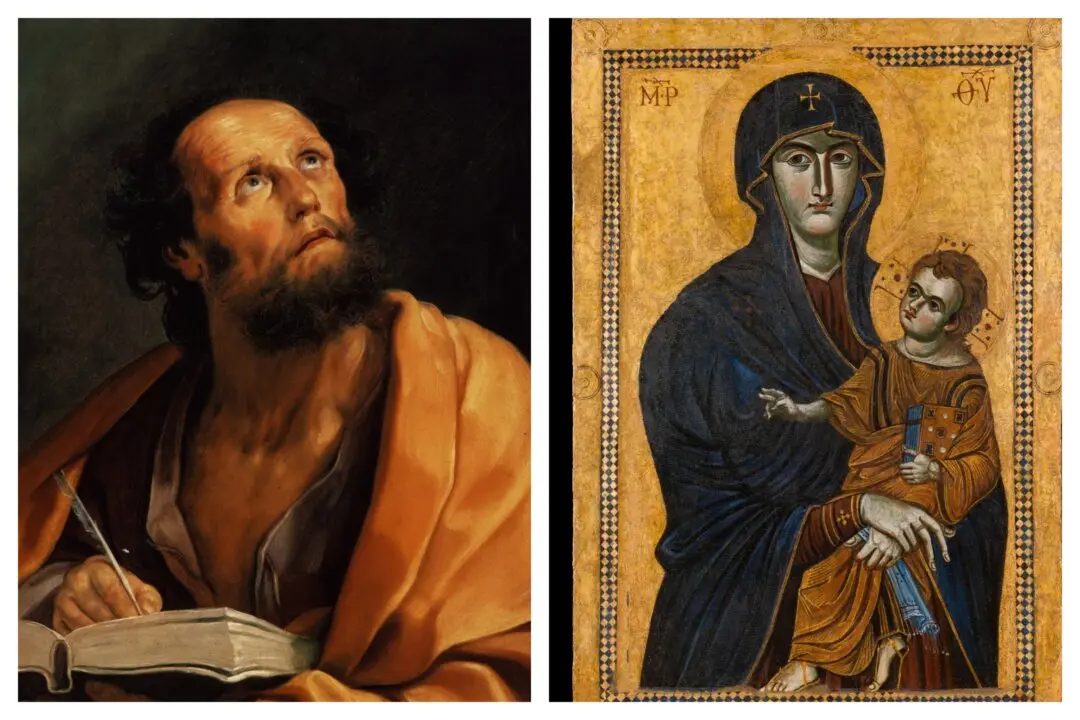To the young and healthy, death can often seem a courteous entity, one that will patiently await the completion of life’s narrative before interrupting with its final word. Published in 1896, A.E. Housman’s “To An Athlete Dying Young” confronts us with the tragedy of death as it comes, not to the sick or elderly, but to a young man who stood in the eyes of his community as a living representation of human achievement.
During his life, the athlete’s professional achievements were celebrated by and gave honor to his community; they are abruptly halted by his death, which severs him from the town and makes him a citizen of the underworld.





